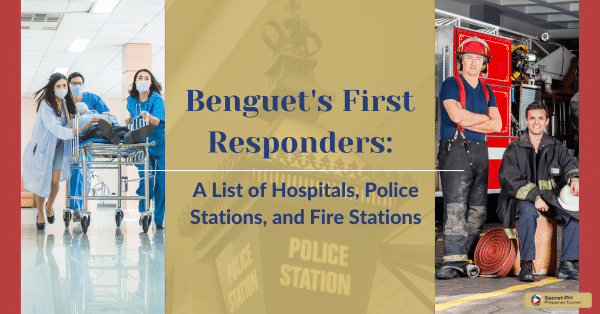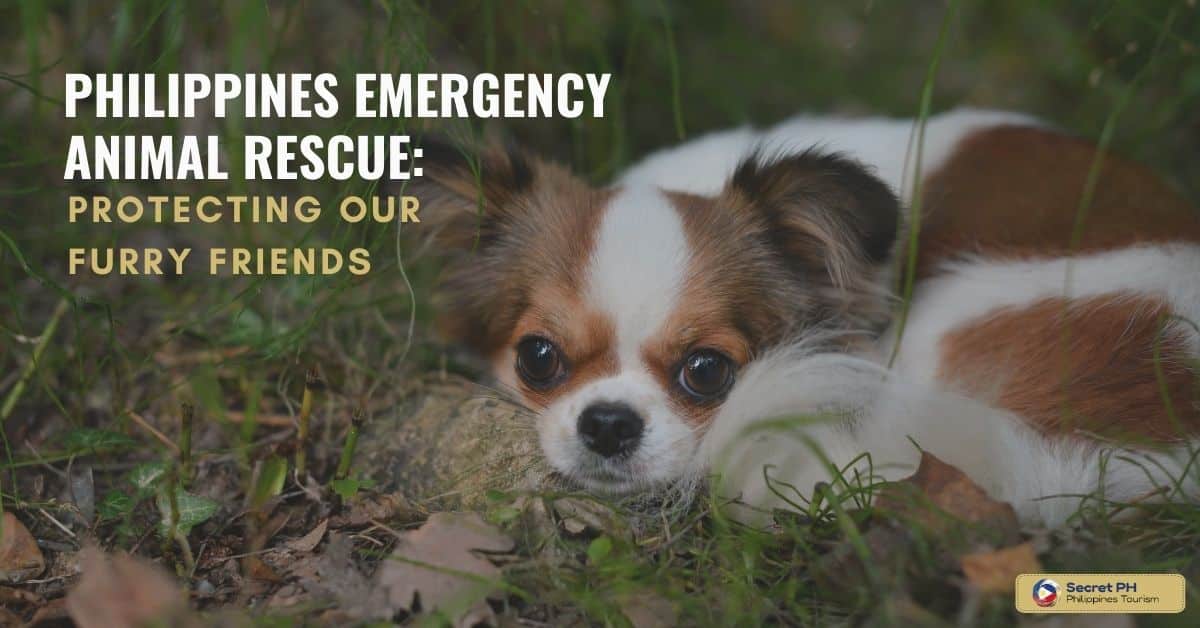In an emergency, being aware of the right numbers to call can make all the difference.
In the Philippines, there are national hotlines and regional hotlines that provide assistance in any situation. Additionally, it’s important to be aware of local contact numbers that can provide specific aid depending on where you are. By having this information on hand, you can be sure to get the help you need when it matters most.
This guide outlines why it’s important to know these numbers, which ones to call in various scenarios, and how to make the most of them to stay safe during an emergency. With this information, you can be prepared for any unexpected circumstances.
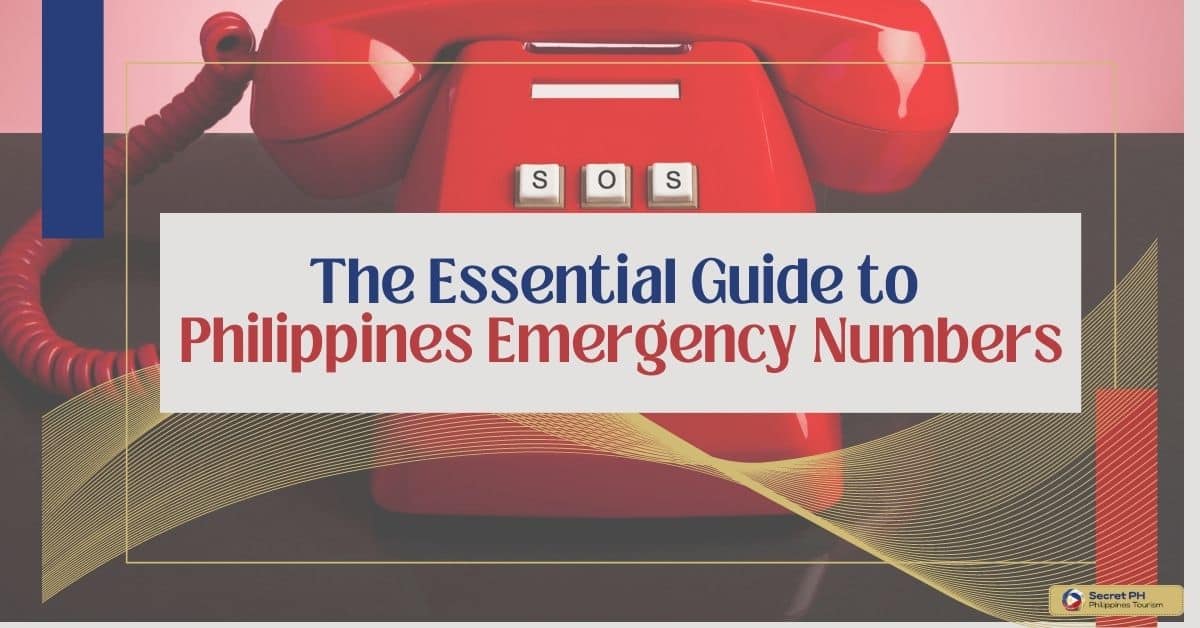
Why Knowing Emergency Numbers is Important?
It’s important to know what emergency numbers to call in any given situation because it helps ensure that you get the help you need as quickly and efficiently as possible. When there is an emergency, every second counts, and knowing which number to call can dramatically reduce response time and ensure that you get the assistance you need right away.
By being aware of these numbers, you can be prepared for any unexpected circumstance. Emergencies can happen anytime and anywhere, so it’s important to have the appropriate contact information on hand in order to get help when you need it. Having a list of emergency numbers ready and easily accessible can mean the difference between life and death when faced with an emergency.
Knowing the right numbers to call can make all the difference. Consequently, it is essential to be familiar with national and local emergency numbers in case of any situation. This guide will provide you with the information needed to stay safe during an emergency.
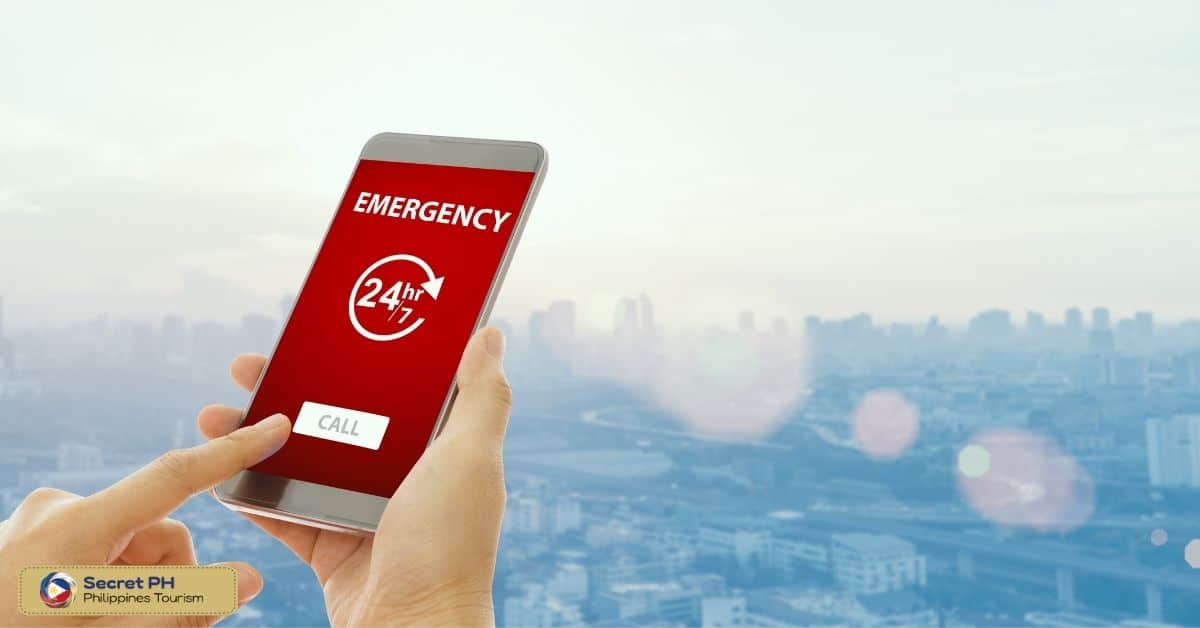
National Emergency Hotlines in the Philippines
National Emergency Hotlines in the Philippines are crucial for anyone who needs immediate assistance during an emergency situation. These hotlines are operated by various government agencies and provide access to a range of emergency services, including medical, police, and fire assistance. In this section, we will explore the different national emergency hotlines in the Philippines and their respective services.
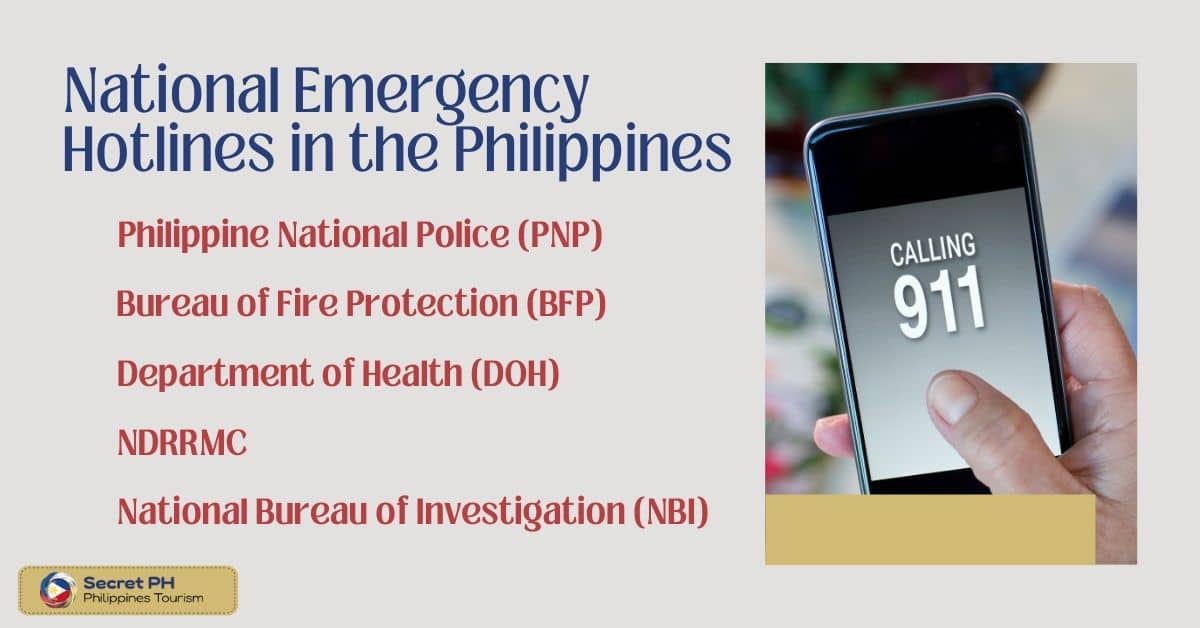
Philippine National Police (PNP)
The PNP operates a nationwide emergency hotline, which provides 24/7 access to police assistance. This hotline can be reached by dialing 117 from any landline or mobile phone.
Emergency Hotline: 117, (2) 8722-0650
Bureau of Fire Protection (BFP)
The BFP operates a national emergency hotline, which provides access to fire assistance. This hotline can be reached by dialing 911 from any landline or mobile phone.
Trunk Line Numbers: (02) 8426-0246, (02) 8426-0219
Department of Health (DOH)
The DOH operates a national emergency hotline, which provides access to medical assistance. This hotline can be reached by dialing 911 from any landline or mobile phone.
Hotline Numbers: (02) 7111001, (02) 7111002
National Disaster Risk Reduction and Management Council (NDRRMC)
The NDRRMC operates a nationwide emergency hotline, which provides access to disaster response services. This hotline can be reached by dialing 911 from any landline or mobile phone.
Hotline Numbers: 911-1406, 912-2665, 912-5668
National Bureau of Investigation (NBI)
The NBI operates a nationwide emergency hotline, which provides access to investigative services. This hotline can be reached by dialing 911 from any landline or mobile phone.
Hotline Numbers: (877) 624-7707
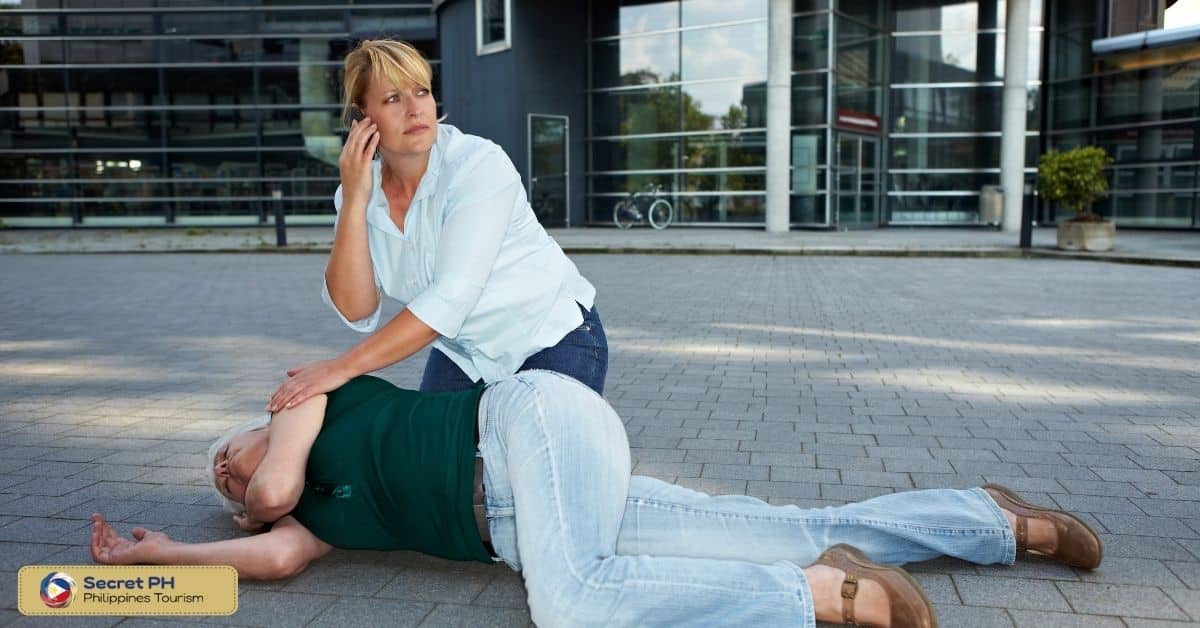
Regional Emergency Hotlines
Apart from the national emergency hotlines, there are also regional emergency hotlines in the Philippines that provide assistance during emergencies. These hotlines are specific to each region and are operated by local government units or non-government organizations. In this section, we will explore the different regional emergency hotlines in the Philippines and their respective services.
If you’re in the Metro Manila region, there are several emergency hotlines you can call depending on your needs. Here are some of the most important ones:
Luzon
If you’re in the Luzon region, there are several emergency hotlines you can call depending on your needs. Here are some of the most important ones:
MMDA Hotline: For traffic-related emergencies such as accidents or road closures, you can call the Metropolitan Manila Development Authority (MMDA) hotline at 136.
NAIA Emergency Hotline: If you’re at the Ninoy Aquino International Airport and you need urgent assistance, you can dial 877-1111 local 2386 or 2387.
DOH Viber Hotline: If you have questions about COVID-19 or you need to report suspected cases, you can send a message to the Department of Health (DOH) Viber hotline at 1555.
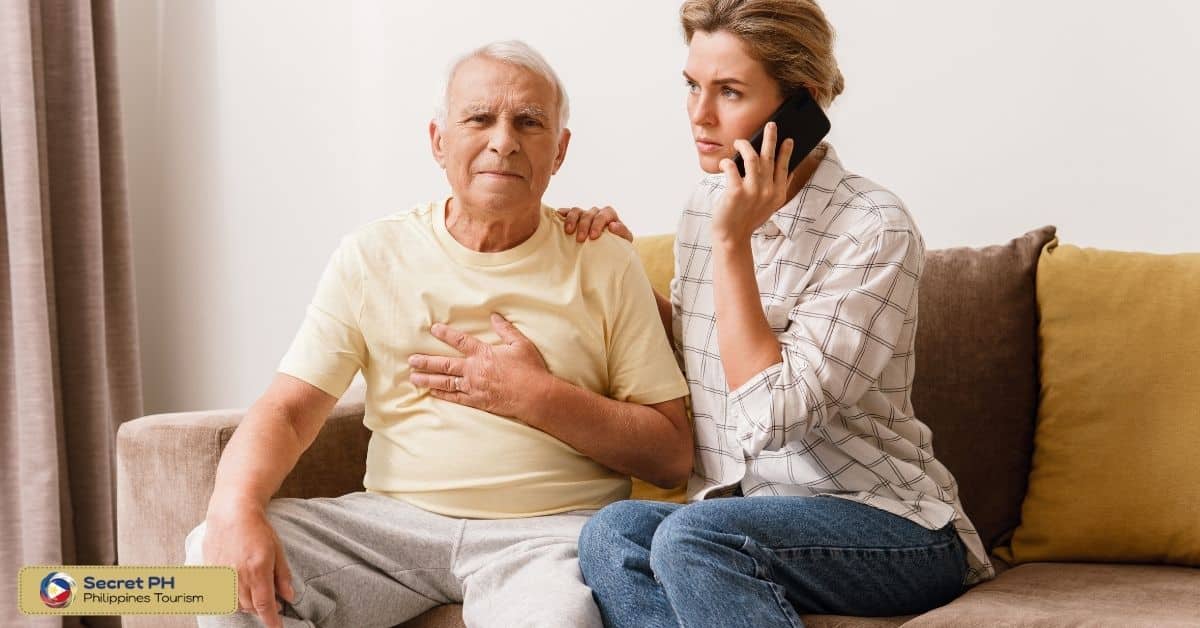
Visayas
For those in the Visayas region, here are some of the emergency hotlines you can call:
Region VI Rapid Response Team: This hotline covers the Western Visayas region and can be reached at (033) 337-6671 or 336-2572.
Region VII Emergency Hotline: This hotline covers the Central Visayas region and can be reached at 166.
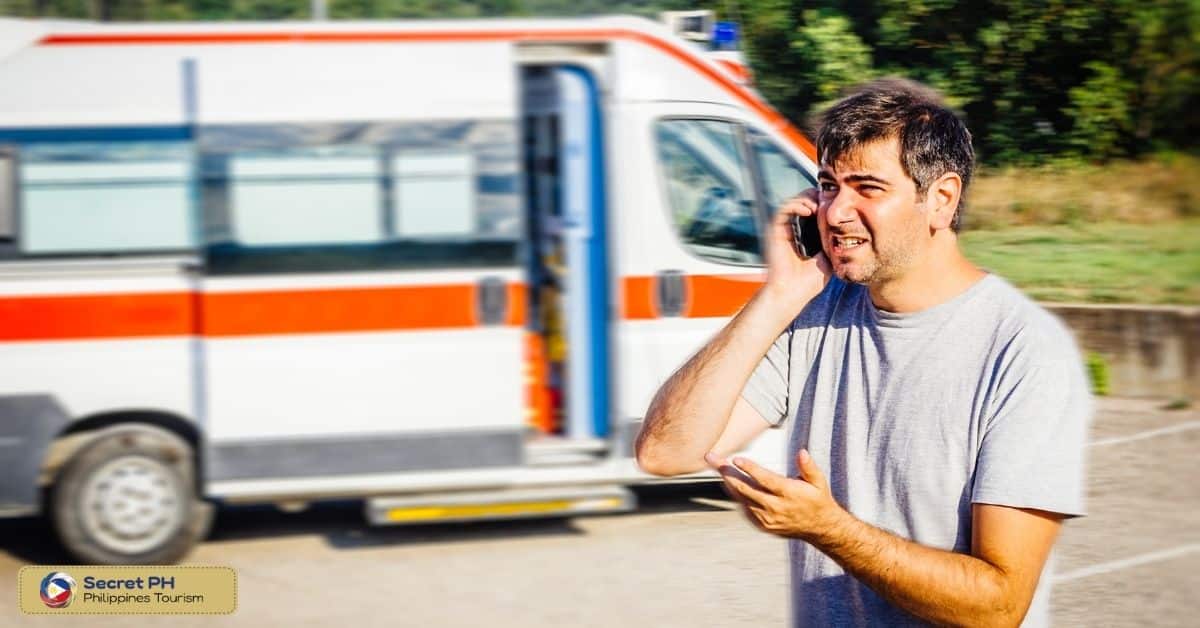
Mindanao
Lastly, for those in Mindanao, here are some useful emergency hotlines you can call:
Region IX Emergency Hotline: This hotline covers the Zamboanga Peninsula region and can be reached at 117.
Region X Emergency Hotline: This hotline covers the Northern Mindanao region and can be reached at 100.

Important Local Emergency Contact Numbers
Local emergency contact numbers are important to know because they provide access to emergency services in specific areas, such as cities or municipalities. These numbers are operated by local government units or non-government organizations. They can provide assistance during emergencies that require immediate attention.
In this section, we will explore some important local emergency contact numbers in the Philippines and their respective services.
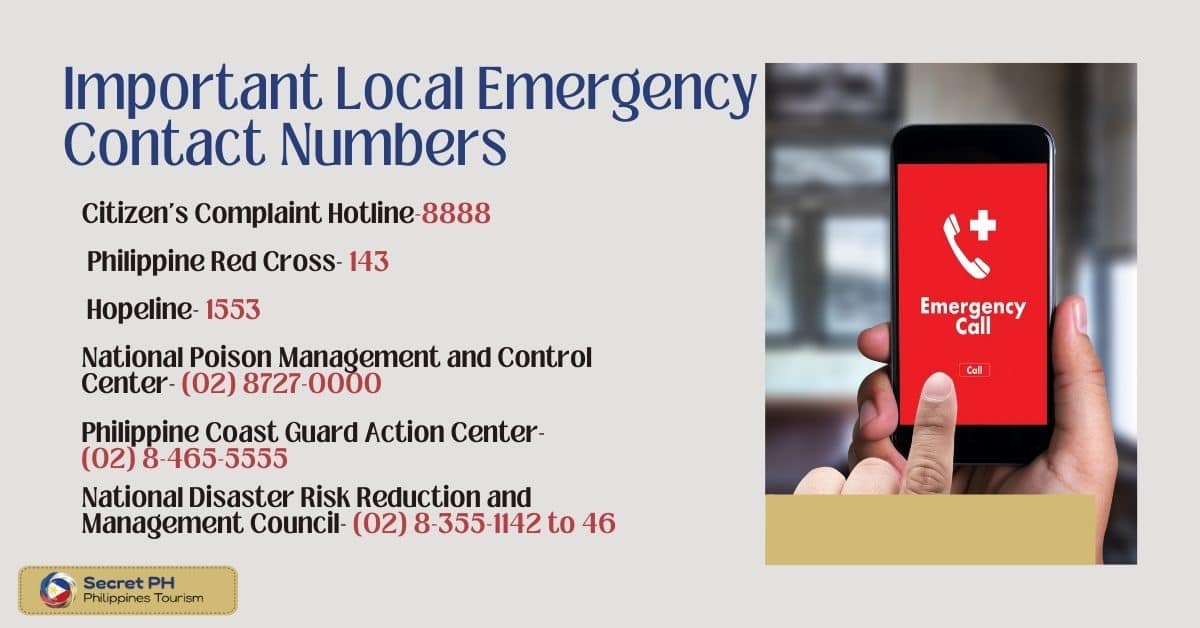
Citizen’s Complaint Hotline
8888 is a hotline for citizens to report complaints about government services or officials. You can contact this number to voice out concerns or complaints about government agencies, their personnel, or their services.
Hotline number: 8888
Philippine Red Cross
The Philippine Red Cross offers emergency response services during natural calamities or disasters. You can contact them for help during floods, typhoons, earthquakes, and other emergencies.
Hotline number: 143
Hopeline
The Hopeline is a hotline dedicated to providing counseling and support to those who are feeling depressed, suicidal, or troubled. This hotline is operated by the Department of Health (DOH) and the National Center for Mental Health.
Hotline numbers: 1553(Luzon-wide), +63966-351-4518, +63917-899-8727
National Poison Management and Control Center
In case of accidental poisoning, you can call the National Poison Management and Control Center for help. They can provide you with first aid instructions and help you seek medical attention as needed.
Hotline number: (02) 8727-0000
Philippine Coast Guard Action Center
The Philippine Coast Guard Action Center is responsible for maritime search and rescue, pollution response, and maritime law enforcement. You can contact them for emergency assistance during maritime incidents such as ship collisions, capsizing, grounding, and sinking.
Hotline number: (02) 8-465-5555
National Disaster Risk Reduction and Management Council (NDRRMC)
The NDRRMC is responsible for coordinating disaster risk reduction and management efforts in the country. You can contact them for updates and assistance during natural disasters or other calamities.
Hotline numbers: (02) 8-355-1142, (02) 8-355-1143, (02) 8-355-1144, (02) 8-355-1145, (02) 8-355-1146
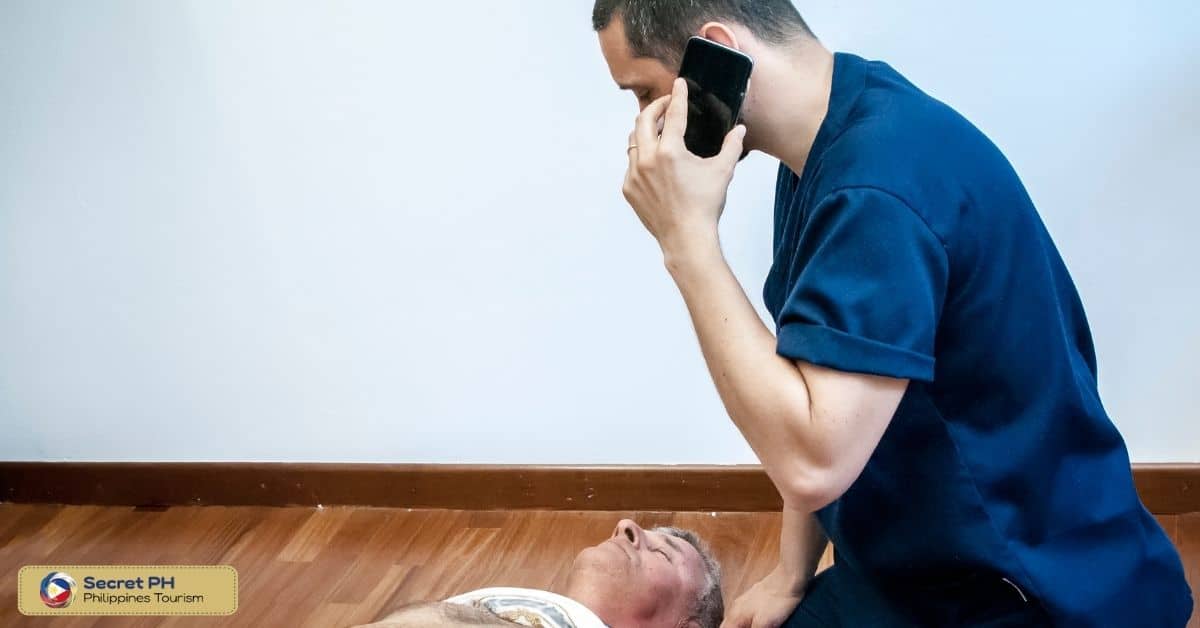
How to Make an Emergency Call
Knowing how to make an emergency call can help you get the assistance you need quickly and efficiently. In this section, we will provide a step-by-step guide on how to make an emergency call in the Philippines.
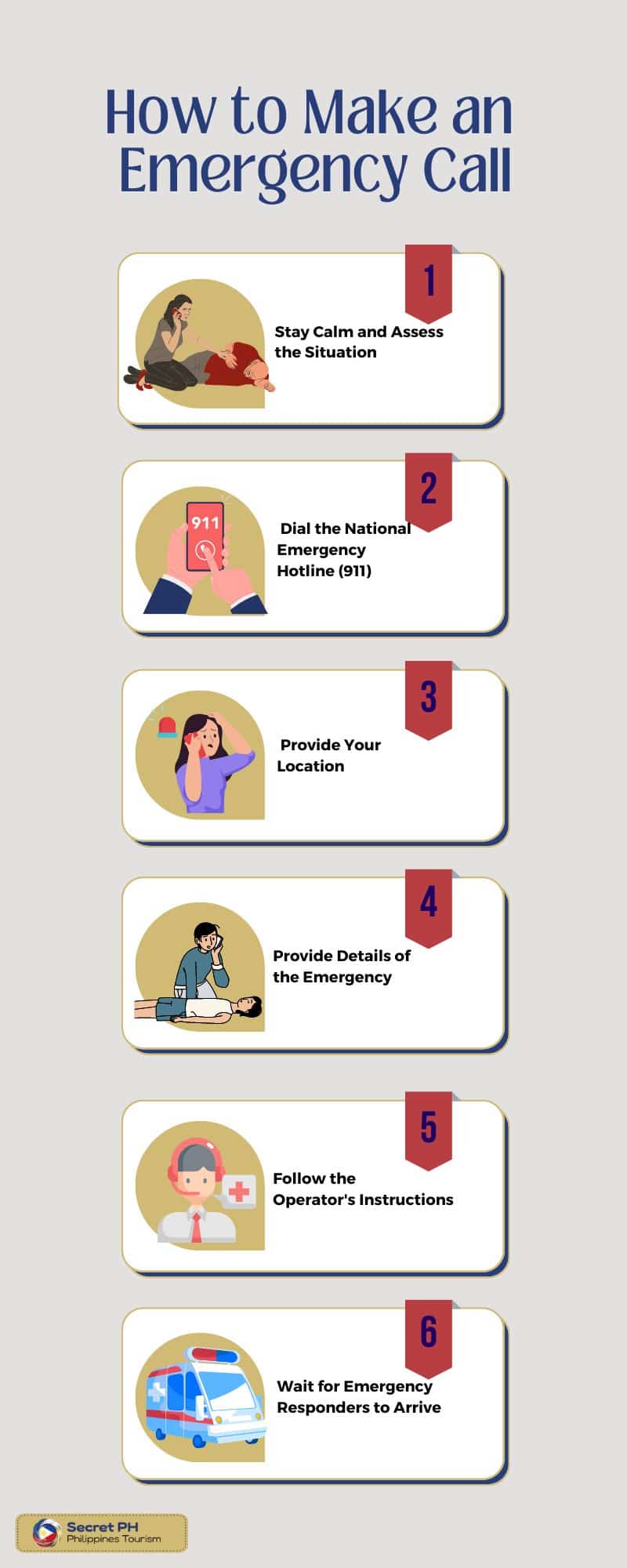
1. Stay Calm and Assess the Situation– The first thing you need to do in an emergency situation is to stay calm and assess the situation. Take a deep breath and try to evaluate the severity of the situation. This will help you communicate effectively with the emergency operator.
2. Dial the National Emergency Hotline (911)– The national emergency hotline in the Philippines is 911. This hotline provides access to various emergency services, including police, fire, and medical assistance. Dial 911 from any landline or mobile phone to request assistance.
3. Provide Your Location– When the operator answers your call, provide your location as accurately as possible. This will help emergency responders locate you quickly. If you are not sure about your exact location, look for landmarks or street signs that can help you identify your location.
4. Provide Details of the Emergency– Be specific about the details of the emergency. Provide information about the type of emergency, the number of people involved, and the severity of the situation. This will help emergency responders assess the situation and provide the appropriate assistance.
5. Follow the Operator’s Instructions– The emergency operator will provide instructions on what to do next. Follow their instructions carefully and do not hang up until they tell you to do so. If the operator asks you questions, answer them as accurately as possible.
6. Wait for Emergency Responders to Arrive– Stay on the line until emergency responders arrive. If you need to move to a safer location, inform the operator before doing so. Keep your phone with you at all times and be ready to provide additional information if needed.
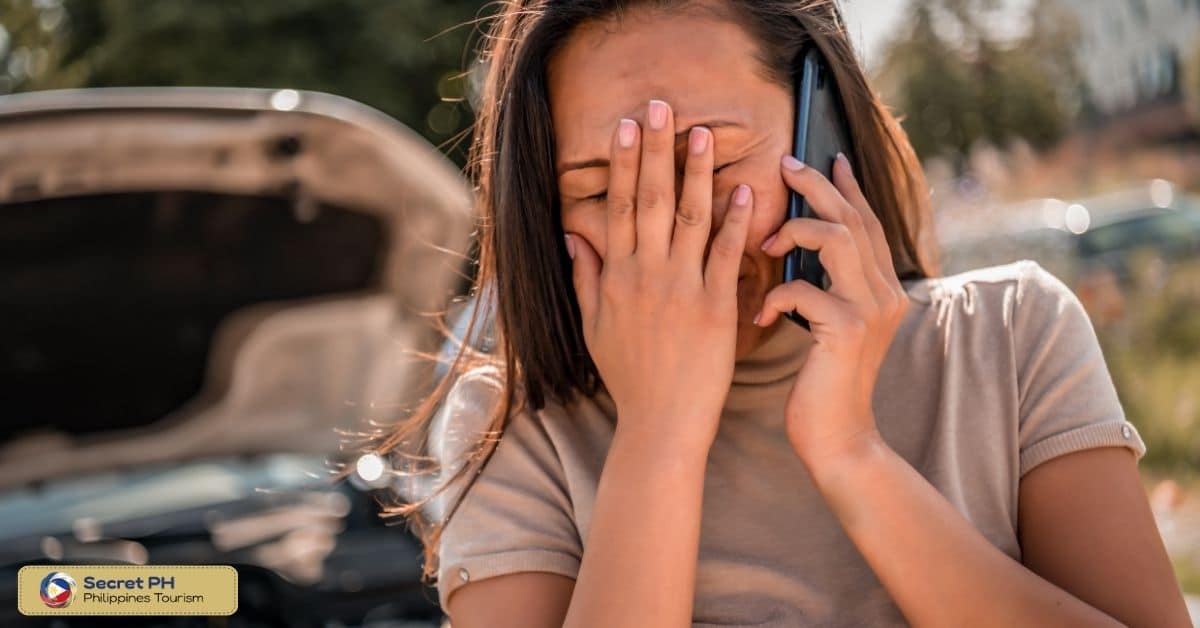
Tips for Staying Safe During Emergencies
In any emergency situation, it is essential to stay safe and prepared. Knowing the right numbers to call, how to make an emergency call, and what actions to take can help ensure that you get the assistance you need as quickly and efficiently as possible. In this section, we will provide some important tips on how to stay safe during an emergency.
Remain Calm: Regardless of the situation, it is important to remain calm and think clearly when faced with an emergency. This will help you assess the situation accurately and make quick decisions that can help keep you safe.
Follow Instructions Carefully: When making an emergency call or when dealing with first responders, it is important to follow instructions carefully. This will ensure that you get the help you need quickly and efficiently.
Gather Essential Items: Have a list of essential items on hand such as first aid supplies, emergency contact numbers, flashlights, batteries, and so on. Having these items in one place can make them easier to reach in case of an emergency.
Avoid Unnecessary Risks: During an emergency, it is important to avoid unnecessary risks such as entering a burning structure or crossing a flooded river. This will help ensure that you stay safe and out of harm’s way.
Use Caution Around Strangers: Be wary of strangers and avoid putting yourself in danger. Trust your instincts and move away from any suspicious people or situations.
Act Quickly: When faced with an emergency, act quickly but carefully. Don’t panic and don’t take unnecessary risks. Follow instructions and take the necessary steps to stay safe during an emergency.

In conclusion
It is essential to be aware of national and local emergency numbers in order to stay safe during an emergency. Knowing the right numbers to call and how to make an emergency call can help you get the assistance you need as quickly and efficiently as possible.
Additionally, following safety precautions such as remaining calm, gathering essential items, avoiding unnecessary risks, and using caution around strangers can help ensure that you stay safe during any emergency. It is important to be prepared in case of an emergency, so remember to keep these tips in mind at all times.



